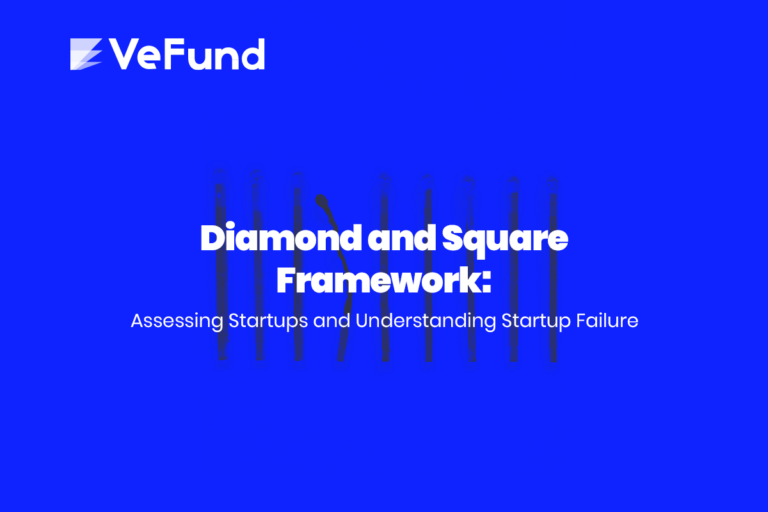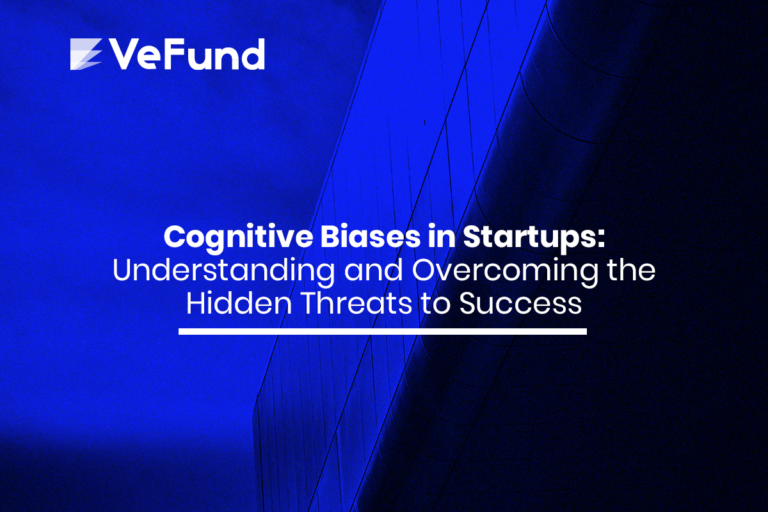Four Situations Where Founders Need to Conduct a Startup Valuation
Making a startup valuation is not a founder’s everyday task. Founders need to prepare a valuation on a situation basis.
In this article, we are going to explore situations where a valuation is either required or highly recommended.
1. Fundraising
The most common reason founders conduct valuation for their startup is to raise funds. It doesn’t matter which stage the company is in. A startup raising pre-seed, seed, series A, or IPO will need a valuation for evaluation and agreement with investors.
In the fundraising process, part of the startup is being sold in return for cash. Valuation is the key to determining how much this part of the startup costs. By determining the whole value of the company, we can therefore calculate the value of a percentage in it.
Both potential investors and founders will then negotiate on the valuation offered. Founders will want to drive the valuation as high as they can, and investors will want to purchase at a lower valuation. This is why a well-informed valuation by the founders helps them stand on solid ground in defending their valuation.

2. Exiting: acquisition by another company
Acquisition is the process of selling a company to a bigger company. Founders who are selling their startup to an acquirer use valuation as a way to determine the fair value of the startup’s shares.
Just like fundraising, valuation in acquisitions is subject to negotiation by the other party. Still, the founder has to determine the company’s value to lead a successful negotiation.
3. Employee Share Scheme
Some startups reward their employees with stock options, allowing them to have ownership of the company and profit from its success.
In this scenario too, the fair value of the startup is needed to determine the stock’s price. This is done typically to determine how many stocks the employee should get and for tax purposes.
4. Plan for pivoting
It is not uncommon for startup founders to pivot from their initial plan for the startup. This happens usually after the founders realize their hypotheses were wrong or discover more intriguing opportunities.
Either way, it is wise to conduct a valuation for the startup with the new plan accounted for. Think of this as starting your startup all over again: you need to explore if the new plan is worth executing.
If you are currently seeking a valuation, check out VeFund’s Automated Valuation Calculator. We offer a structured, easy-to-follow approach to valuation. With our constantly updated market data, you will be sure your valuation is always up to date.
Frequently Asked Questions (FAQs)
How does pivoting affect valuation?
Pivoting for startups means changing the direction of the idea and product. Generally, pivoting should affect valuation positively since the founders should be pivoting for a more promising strategy.
How does valuation differ across different series stages?
In general, the more you advance, the higher the valuation. For instance, the startup’s valuation should be higher in series A than both seed or pre-seed. This is because the company grows bigger after achieving its series milestones.







